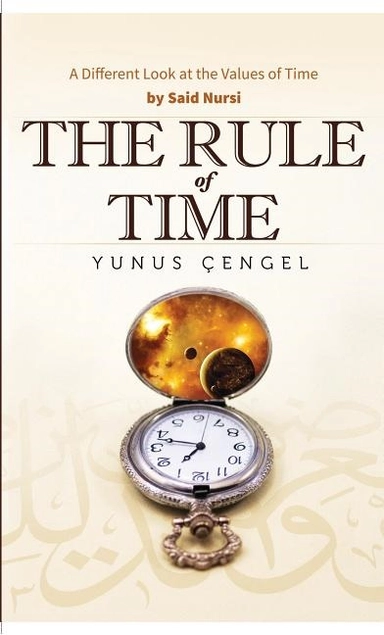

Rule of time - a different look at the values of time
- Utgiven: 2016
- ISBN: 9781597843966
- Sidor: 135 st
- Förlag: Tughra books
- Format: Häftad
- Språk: Engelska
Om boken
Åtkomstkoder och digitalt tilläggsmaterial garanteras inte med begagnade böcker
Mer om Rule of time - a different look at the values of time (2016)
I oktober 2016 släpptes boken Rule of time - a different look at the values of time skriven av Yunus A. Cengel. Den är skriven på engelska och består av 135 sidor djupgående information om religion. Förlaget bakom boken är Tughra books.
Köp boken Rule of time - a different look at the values of time på Studentapan och spara pengar.
Tillhör kategorierna
Referera till Rule of time - a different look at the values of time
Harvard
Oxford
APA
Vancouver



















